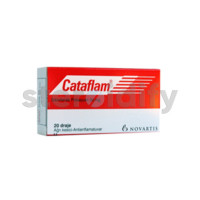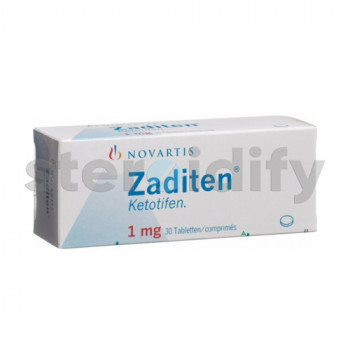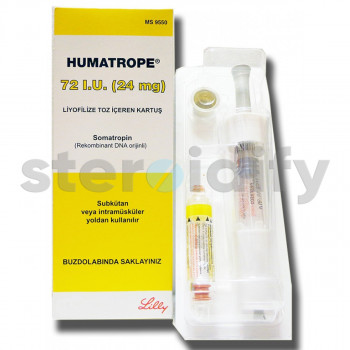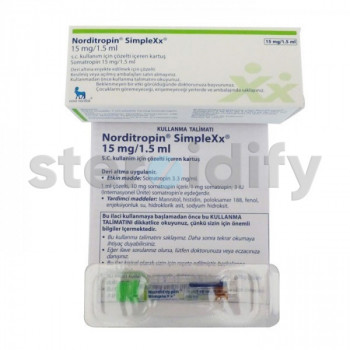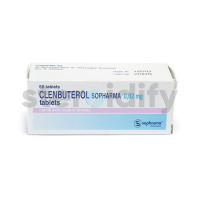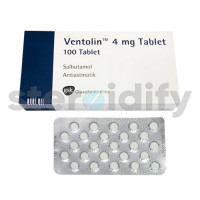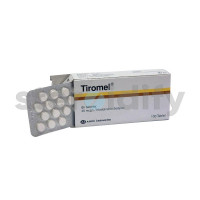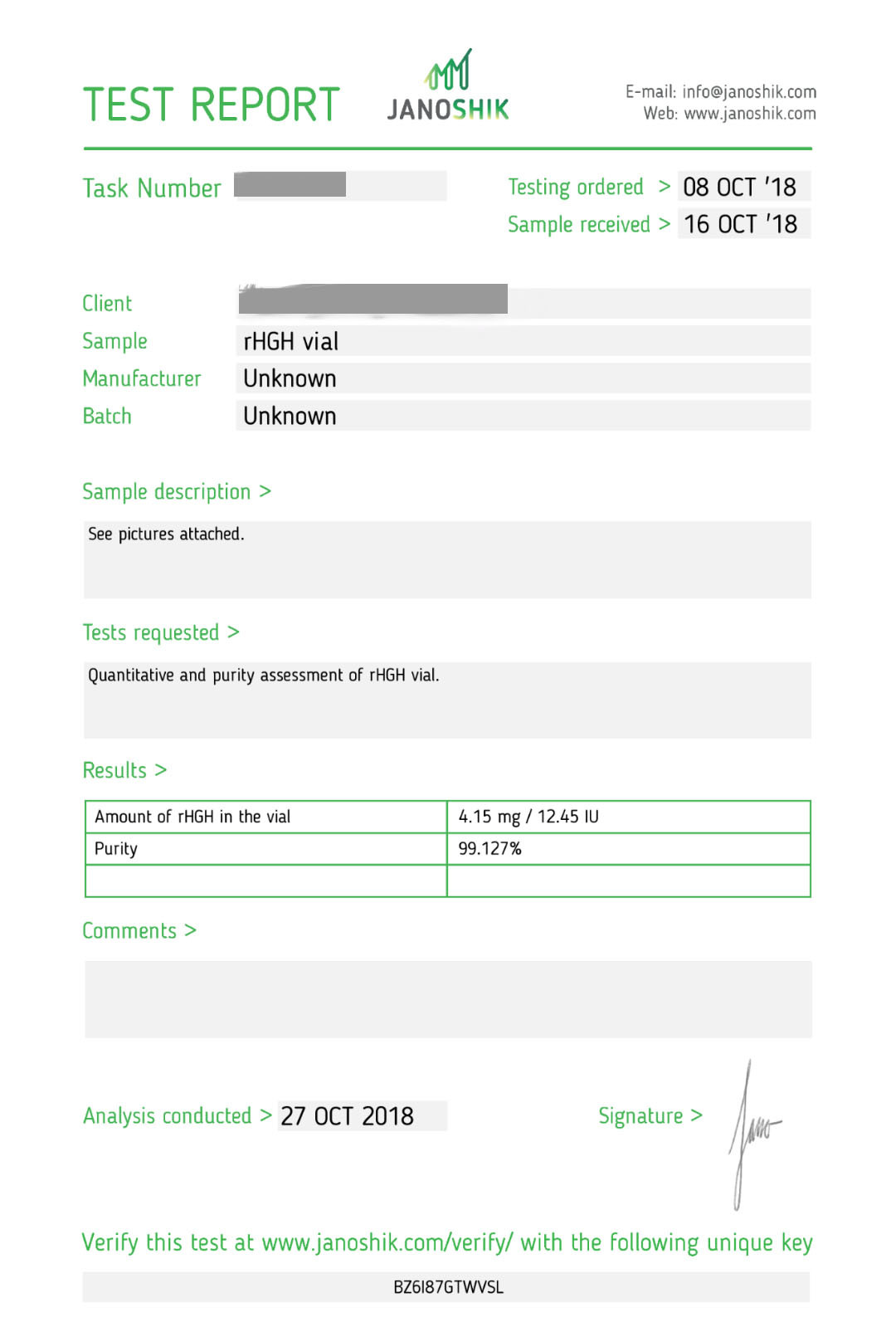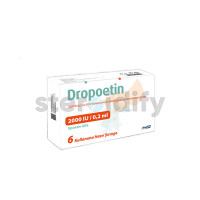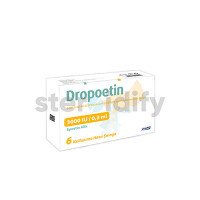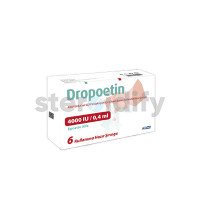The difference between oral and injectable medications
While uses of oral medications and injections are the same in providing relief and for other medicinal purposes, they are often attained differently. The major difference between the two is in the efficacy of the drug. Some people may find relief from oral medications and nothing from injections and vice-versa. During the creation of medicines by scientists, biochemists ensure they choose the right dosage which offers the best efficacy and convenience. The drug to be used for a particular purpose has to do its job successfully and safely. Also, it has to be practical.
Most drugs are either administered orally or through an injection.
Oral drugs are in the form of tablets, which is administered through the mouth and is meant to be absorbed by the stomach. Apart from factors such as gastric acid, food, and other drugs, there are various other factors which play a role in retarding drug absorption. A drug which is metabolised in the intestinal mucosal cells, usually referred to as the first-pass metabolism, has a lower effective amount reaching circulation. For this reason, most drugs administered through the oral routes takes a longer time to act unless they have an instantaneous high absorption rate.
Drugs administered through injections reach the bloodstream fast and cause a prompt action that may be seriously required at the moment. There are several differences between oral and injectable medicaments as explained below.
Efficacy
There has been a common belief that injections are more effective than oral drugs. Some patients even insist on getting injections for them to believe that the treatment is effective. Nevertheless, this is actually not true. For us to understand the effectiveness of a drug, it is important to address why certain drugs are administered orally while others are administered as injections.
Certain drugs administered orally would be ineffective because of their high affinity to be destroyed by enzymes that digest food in the stomach. A good example is insulin which is used to treat diabetes. If insulin is administered orally, it’ll be digested by enzymes in the stomach since it’s a protein. In the same way, other drugs are also ineffective if administered as an injection since they are only effective in solid form. When formulated into an injectable liquid, they easily break down and lose their medical properties. Another key factor to address when it comes to injectable drugs is the instability issue, which basically determines whether an injectable drug will be in the form of powder to be mixed with water before administering. An injectable drug which comes in the form of powder should be soluble in water. The drugs which cannot dissolve in water come in liquid form. When a drug is administered orally, it goes through the process of dissolving and its effectiveness is usually slow.
Amount of time to experience relief
In most cases, injections are administered once, and you may only experience swelling or pain at the injection site for a few days after the procedure. Oral medication is often administered multiple times, and since it’s is meant to mask the source of the problem, patients may need to take the tablets on a daily basis.
Tolerability and state of the patient
Oral medicament has lower tolerability as opposed to injections. Nevertheless, injectable drugs which seem to have higher tolerability have fewer side effects. This is because, with oral medication, the number of missed doses is high, especially for patients using long-term drugs because of the lack of ease of administration.
Some patients can only have their medication administered in the form of injection because it may be impossible for certain patients to take tablets orally. This is especially so for patients, who vomit, become unconscious or are not able to take anything orally. For such patients, an injection alternative for medication which is given orally should be used. In addition, in certain cases such as emergencies, a medical practitioner may choose to use injectable medicaments in order to archive an immediate effect of absorption into the blood directly as compared to tablets which need to be dissolved into the stomach first before getting absorbed into the blood.
Presentation of the drug
The presentation of the drug and what type of disease it’s designed to treat determines how the drug will be administered. Skin conditions which require cream ointments to be rapidly applied or the existence of hookworms in the stomach necessitates the use of oral tablets.
Conclusion
During research and clinical trials, both oral and an injection form of a drug are designed to ensure the same amount of components enters the body regardless of the route used for its administration. This means the efficacy of both oral and injectable medicaments in the treatment of a given condition is the same. In some rare cases, the oral drugs may have a higher dose than the injection in order to compensate for the amount which will not have been absorbed from the stomach in the end. Nonetheless, the amount of the components of the drug in the blood of a patient will still be equivalent to the one injected.
Another misconception which people use to justify injections as being better than oral drugs is that almost all drugs work well when in the bloodstream, which is not always the case. Every drug acts depending on the medical condition of the patient. Consequently, having the injection as a means through which the drug enters the body only offers a time advantage and not an efficacy aim.
Tablets are also much safer compared to injectable medicaments since the latter, if not safely administered, can cause problems such as paralysis. The use of oral or injectable medicaments solely depends on the medical condition and the situation at hand. The medical practitioner will select the best medication that works for your condition.
When it comes to choosing which course of treatment is right for you, it’s vital to let your doctor decide for you. The medical practitioner is supposed to work with you to determine if injections, oral medication or both are appropriate to provide the most effective option for your treatment

P0N
Steroidify Rep
"taz10" for 10% bonus
PM for link to order
While uses of oral medications and injections are the same in providing relief and for other medicinal purposes, they are often attained differently. The major difference between the two is in the efficacy of the drug. Some people may find relief from oral medications and nothing from injections and vice-versa. During the creation of medicines by scientists, biochemists ensure they choose the right dosage which offers the best efficacy and convenience. The drug to be used for a particular purpose has to do its job successfully and safely. Also, it has to be practical.
Most drugs are either administered orally or through an injection.
Oral drugs are in the form of tablets, which is administered through the mouth and is meant to be absorbed by the stomach. Apart from factors such as gastric acid, food, and other drugs, there are various other factors which play a role in retarding drug absorption. A drug which is metabolised in the intestinal mucosal cells, usually referred to as the first-pass metabolism, has a lower effective amount reaching circulation. For this reason, most drugs administered through the oral routes takes a longer time to act unless they have an instantaneous high absorption rate.
Drugs administered through injections reach the bloodstream fast and cause a prompt action that may be seriously required at the moment. There are several differences between oral and injectable medicaments as explained below.
Efficacy
There has been a common belief that injections are more effective than oral drugs. Some patients even insist on getting injections for them to believe that the treatment is effective. Nevertheless, this is actually not true. For us to understand the effectiveness of a drug, it is important to address why certain drugs are administered orally while others are administered as injections.
Certain drugs administered orally would be ineffective because of their high affinity to be destroyed by enzymes that digest food in the stomach. A good example is insulin which is used to treat diabetes. If insulin is administered orally, it’ll be digested by enzymes in the stomach since it’s a protein. In the same way, other drugs are also ineffective if administered as an injection since they are only effective in solid form. When formulated into an injectable liquid, they easily break down and lose their medical properties. Another key factor to address when it comes to injectable drugs is the instability issue, which basically determines whether an injectable drug will be in the form of powder to be mixed with water before administering. An injectable drug which comes in the form of powder should be soluble in water. The drugs which cannot dissolve in water come in liquid form. When a drug is administered orally, it goes through the process of dissolving and its effectiveness is usually slow.
Amount of time to experience relief
In most cases, injections are administered once, and you may only experience swelling or pain at the injection site for a few days after the procedure. Oral medication is often administered multiple times, and since it’s is meant to mask the source of the problem, patients may need to take the tablets on a daily basis.
Tolerability and state of the patient
Oral medicament has lower tolerability as opposed to injections. Nevertheless, injectable drugs which seem to have higher tolerability have fewer side effects. This is because, with oral medication, the number of missed doses is high, especially for patients using long-term drugs because of the lack of ease of administration.
Some patients can only have their medication administered in the form of injection because it may be impossible for certain patients to take tablets orally. This is especially so for patients, who vomit, become unconscious or are not able to take anything orally. For such patients, an injection alternative for medication which is given orally should be used. In addition, in certain cases such as emergencies, a medical practitioner may choose to use injectable medicaments in order to archive an immediate effect of absorption into the blood directly as compared to tablets which need to be dissolved into the stomach first before getting absorbed into the blood.
Presentation of the drug
The presentation of the drug and what type of disease it’s designed to treat determines how the drug will be administered. Skin conditions which require cream ointments to be rapidly applied or the existence of hookworms in the stomach necessitates the use of oral tablets.
Conclusion
During research and clinical trials, both oral and an injection form of a drug are designed to ensure the same amount of components enters the body regardless of the route used for its administration. This means the efficacy of both oral and injectable medicaments in the treatment of a given condition is the same. In some rare cases, the oral drugs may have a higher dose than the injection in order to compensate for the amount which will not have been absorbed from the stomach in the end. Nonetheless, the amount of the components of the drug in the blood of a patient will still be equivalent to the one injected.
Another misconception which people use to justify injections as being better than oral drugs is that almost all drugs work well when in the bloodstream, which is not always the case. Every drug acts depending on the medical condition of the patient. Consequently, having the injection as a means through which the drug enters the body only offers a time advantage and not an efficacy aim.
Tablets are also much safer compared to injectable medicaments since the latter, if not safely administered, can cause problems such as paralysis. The use of oral or injectable medicaments solely depends on the medical condition and the situation at hand. The medical practitioner will select the best medication that works for your condition.
When it comes to choosing which course of treatment is right for you, it’s vital to let your doctor decide for you. The medical practitioner is supposed to work with you to determine if injections, oral medication or both are appropriate to provide the most effective option for your treatment

P0N
Steroidify Rep
"taz10" for 10% bonus
PM for link to order













